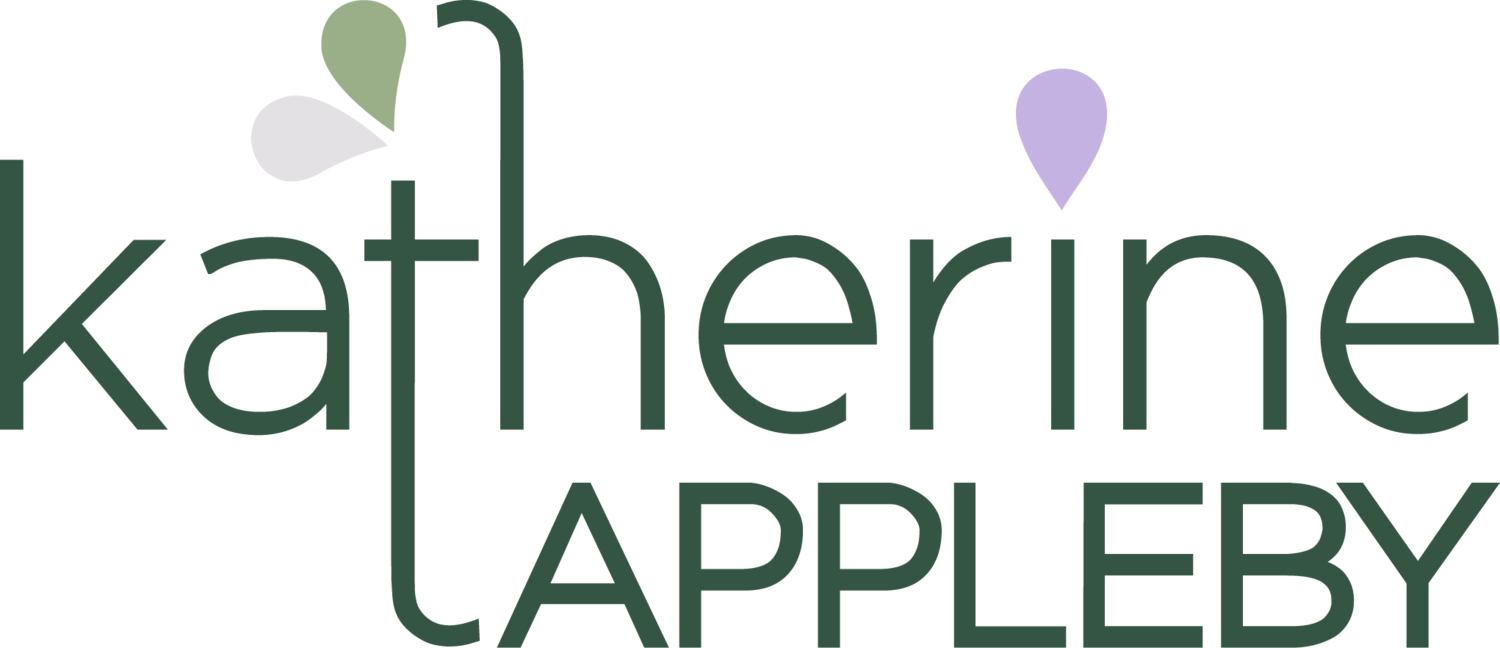The Decline of Nuance
"You're either for us or against us".
Have you noticed that, more and more, we are dividing people and ideas into distinct, often opposing groups? If you're not right, you're wrong. This is either good, or bad. If it's not a success, it's a failure. If you're not liberal, you're conservative. On more controversial topics, we even label the opposing group as 'climate change deniers' and 'anti-vaxers'.
There is no middle ground, no grey area. And certainly no room for healthy debate.
Regardless of my own beliefs (though for the record, I am vaccinated and I do trust climate change science), I am concerned that we are witnessing the decline of nuance.
The decline of nuance is not a new phenomenon. It's been in slow decline for years. But more recently, the influence of social media has seen it shift into high gear. Malcolm Knox writes in his book Truth is Trouble, "Social media, the revolution which promised to interlink us all, has proved to be another con job. Only superficially does it connect people; in reality, it produces profit from division and turns our shared humanity into an incommunicable disease."
When a contentious issue is raised, social media users can be seen entrenching in opposing camps where they shout from the perceived safety of the muddy walls (and anonymity), together with their likeminded comrades, "If you're not for us, you're against us!" For them, as Meghan Daum writes in her book The Problem with Everything, "any admission to complexity [is] a threat to the cause".
When clicks become profit for journalists, or even the driving factor behind career advancement, dividing people into opposing camps and encouraging war to break loose is a logical choice. And fealty to the 'woke narrative' is necessary, or else you will be silenced. Meghan Daum writes, "Pretty soon, there would be just two lanes on the conversation highway: the one in which everyone agreed to agree, no matter the truth, and the one on which you're inaudible".
In discussing distinctions such as good and bad, successful and unsuccessful, Seth Godin writes, "These distinctions are almost always wrong. Not just wrong, but unhelpful, because by ignoring the stuff in between, we isolate ideas (and people) instead of seeing them as part of a continuous whole". Equally, by labelling those who do not wholeheartedly agree with our narrative, be it around topics such as gender, sexual orientation, religion, climate change, politics, and yes, vaccination; we are equally failing to create opportunities for healthy discussion and debate. But this is where real change can occur.
It's not really our differences that divide us, but our resistance to share, to seek to empathetically understand, and to discuss those differences. We need to embrace nuance, grey areas, middle grounds and paradoxes. It's not two opposing camps, but a range of ideas and beliefs along a spectrum. Of course some of those beliefs will be misguided, misinformed and even incorrect, but by seeing them on a continuum we are allowing for change.
Rather than label and shut down those who disagree with us, and rather than blindy accepting the woke narrative as truth, we need to embrace open-minded discussions and healthy debate, and encourage critical thinking and analysis. It shouldn't be 'us verses them', but 'all of us together' seeking to leave the world a better place (because, for most of us, we share this same objective).
So what will the future be? Will we continue to see this division, driven by social media? All I know is that it's beyond my control. What is in my control is how I think and act the next time a friend on social media posts something which I vehemently disagree with. Let's engage, not shut down.

